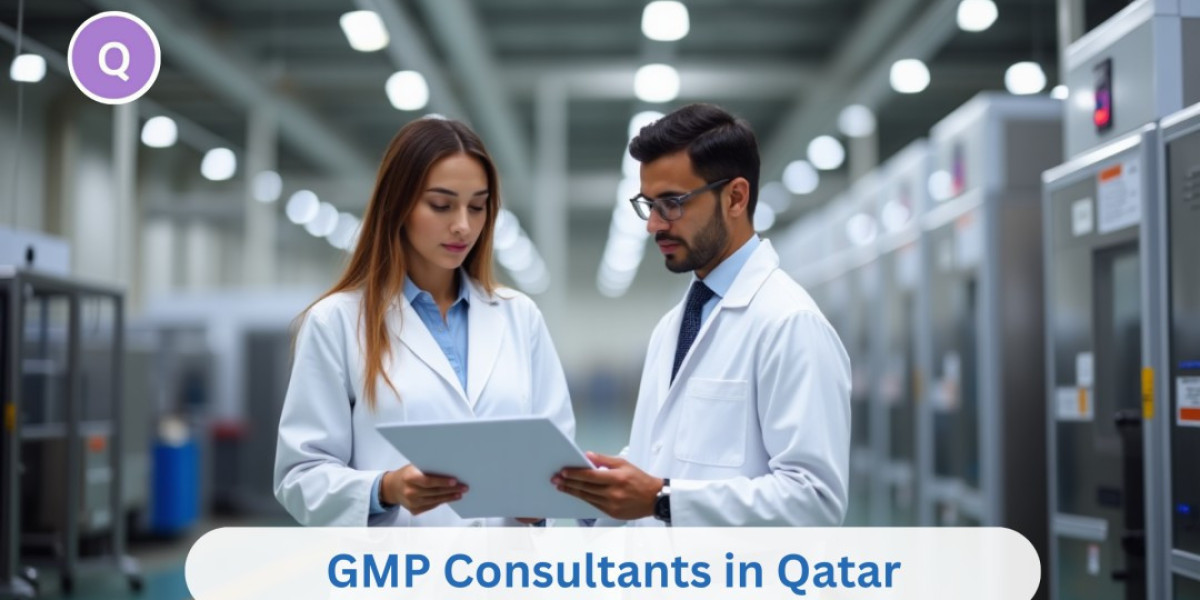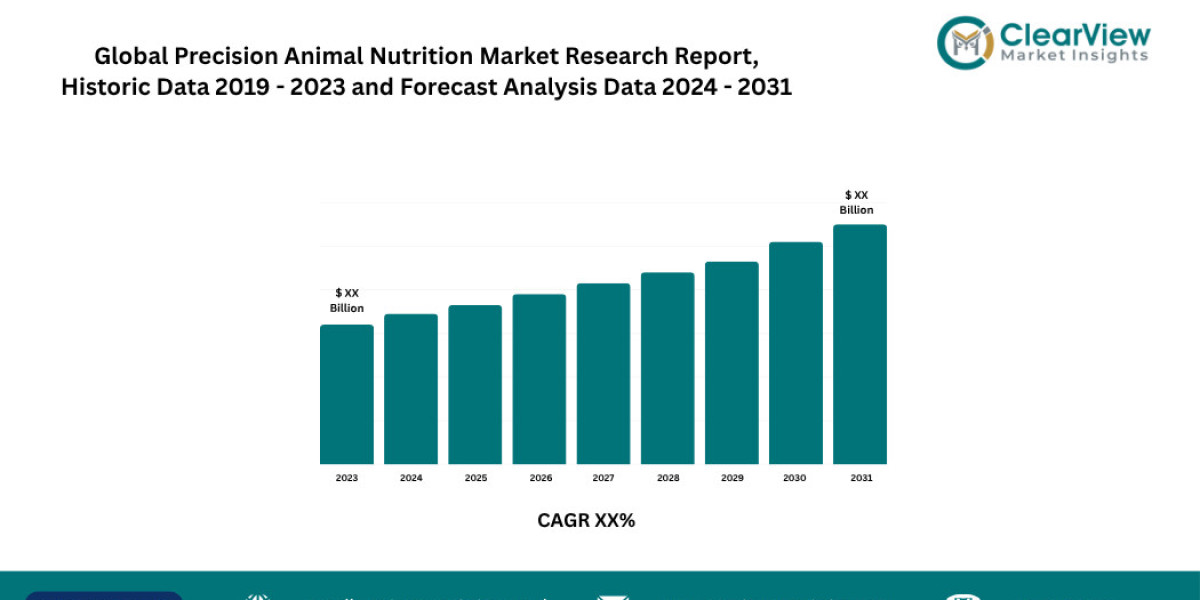In Qatar’s growing industrial sectors—especially food processing, pharmaceutical manufacturing, and cosmetic production—Good Manufacturing Practices (GMP) play a crucial role in ensuring product quality, consumer safety, and compliance with international regulatory frameworks. As global trade standards evolve, many Qatari businesses are turning to GMP consultants to stay competitive, protect public health, and gain access to export markets.
Understanding GMP and Its Importance
Good Manufacturing Practices (GMP) are a set of internationally recognized standards and guidelines that ensure products are consistently manufactured and controlled to meet quality assurance, hygiene, and safety standards. These cover critical areas such as facility cleanliness, employee hygiene, equipment maintenance, and process validation.
In Qatar, businesses targeting global markets—particularly the European Union (EU), United States (FDA), and GCC countries—must align with GMP to avoid regulatory penalties, market rejection, or product recalls. This is where experienced consultants provide strategic value.
How GMP Consultants Add Value
GMP consultants bring regulatory expertise, industry-specific knowledge, and a deep understanding of compliance protocols. Their role includes:
1. Gap Analysis and Risk Assessment
Consultants perform a GMP gap analysis to assess the current compliance status of a facility. They identify non-conformities, high-risk areas, and corrective actions required to align with standards such as WHO GMP, EU-GMP, or PIC/S guidelines.
2. Customized GMP Implementation Plans
Every organization has unique production workflows. Consultants develop tailored implementation strategies that align with the company's sector—whether it's nutraceuticals, veterinary medicine, or processed foods—and its export goals.
3. Training and Awareness
GMP consultants provide staff training programs covering essential topics like cleanroom behavior, good documentation practices (GDP), and standard hygiene protocols to ensure company-wide awareness.
4. Documentation and SOP Development
They assist in developing and validating Standard Operating Procedures (SOPs), master manufacturing records, batch records, and cleaning validation protocols, which are essential for audits and inspections.
5. Internal Audits and Mock Inspections
Consultants conduct internal GMP audits and mock inspections to prepare for certification audits from authorities such as Qatar’s Ministry of Public Health (MoPH), ISO bodies, or exporting country regulators.
6. Support for Export Requirements
Consultants help organizations meet global trade requirements by aligning labeling, packaging, and product traceability with international norms. This includes compliance with Codex Alimentarius, GFSI schemes (like BRCGS or FSSC 22000), and customs documentation.
Why GMP Compliance Matters for Export Readiness
For Qatari manufacturers, GMP compliance provides:
- Increased consumer confidence and brand reputation
- Faster product approvals from regulatory bodies like FDA, EMA, or GSO
- Eligibility for tenders, retail chains, and global distribution
- Fewer disruptions due to recalls or non-compliance findings
Final Thoughts
GMP consultants in Qatar are essential partners for manufacturers seeking to improve product quality and reach new international markets. Their support bridges the gap between local production systems and the global regulatory ecosystem.
If your organization is looking to achieve GMP certification and export-readiness, a qualified consultant can provide the strategic roadmap, technical training, and audit preparedness needed for long-term success.
For expert GMP support, consider trusted partners who understand Qatar's regulatory landscape and the evolving demands of global trade.



